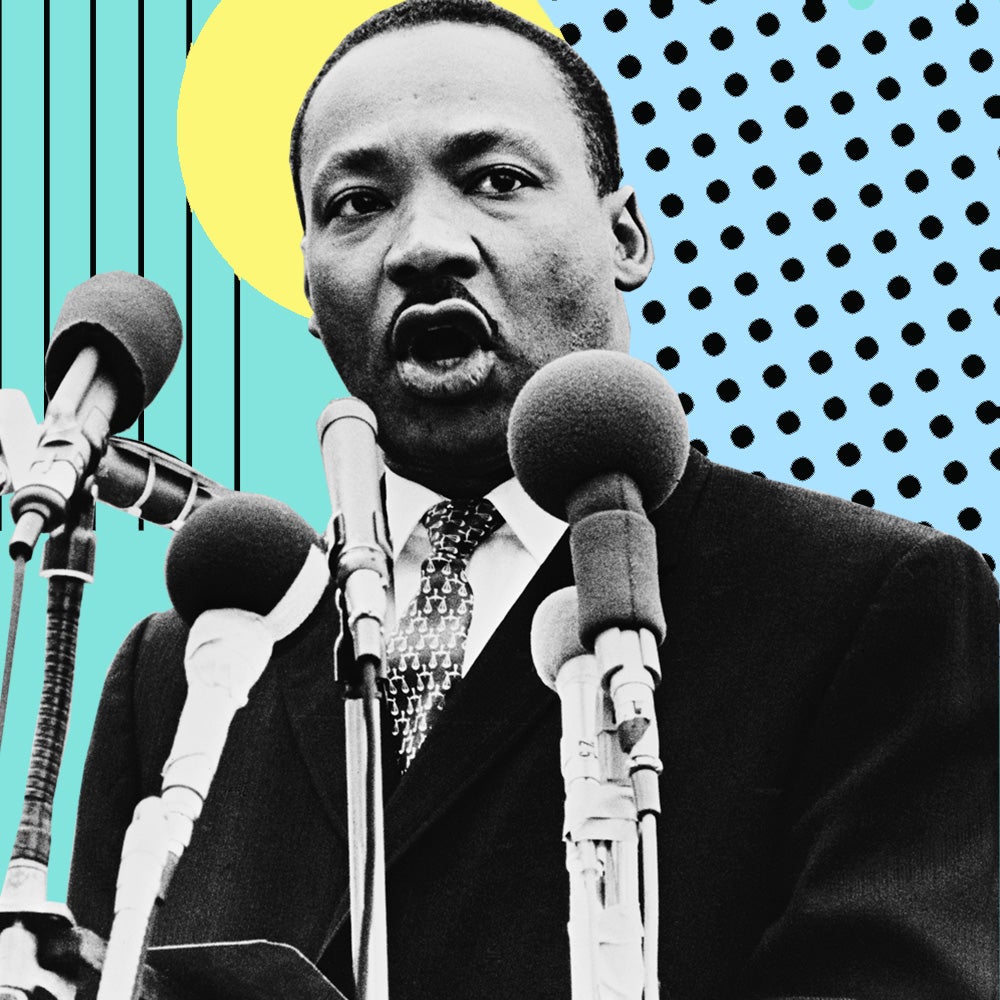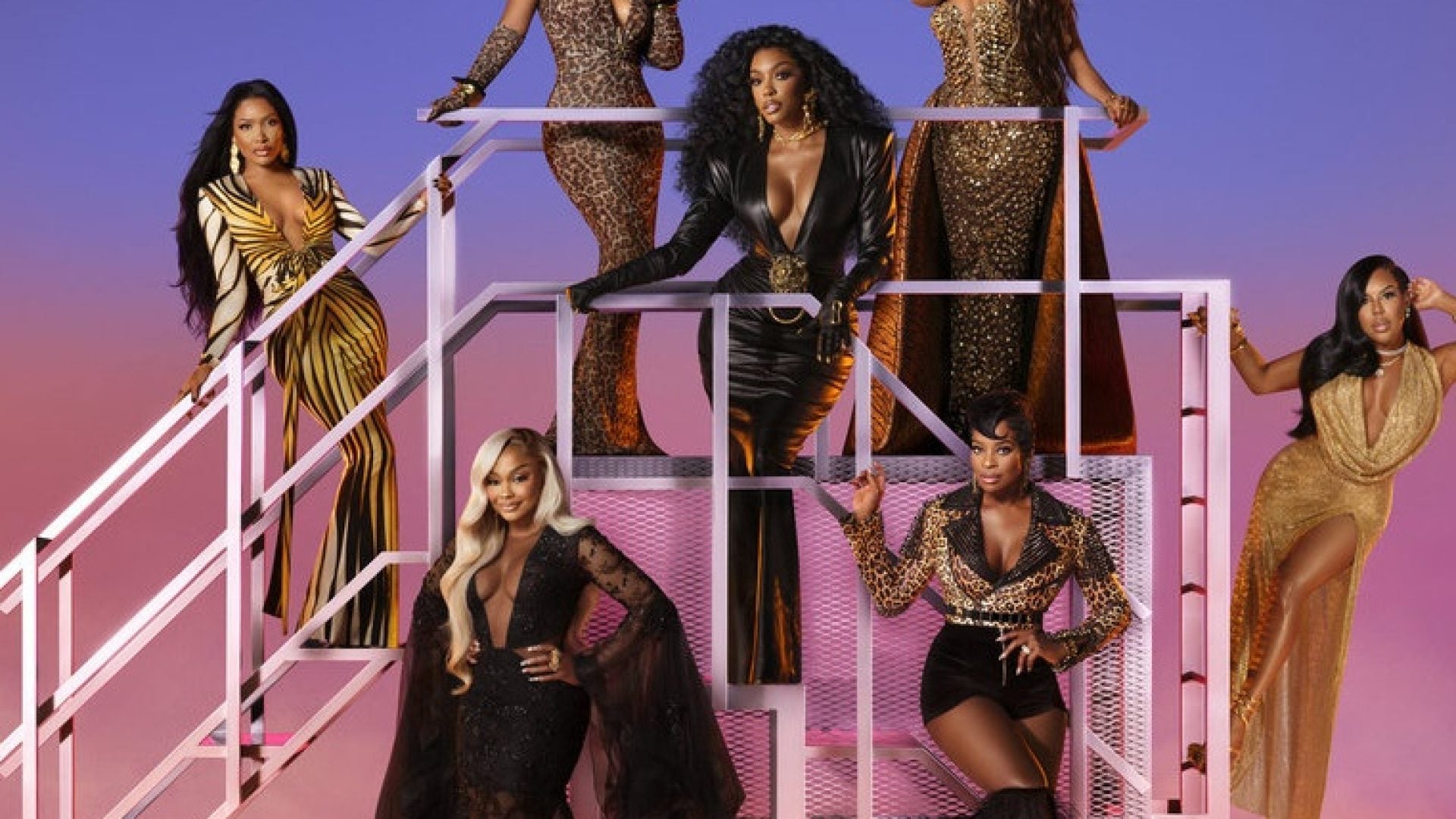
Two years prior to his death, only 33 percent of Americans thought highly of Rev. Dr. Martin Luther King, Jr.
He was suspected to be communist, considered a race baiter and was deemed the most dangerous man in America by the FBI. But the past few decades have canonized him into sainthood and it is virtually impossible to travel in many communities without seeing a street named in his honor. He remains the only non-presidential citizen to have a federally recognized birthday and schools named after him are too numerous to count. This country’s affirmation of Dr. King makes it a bit difficult to reconcile how deeply America reviled him while he was alive. How is it possible that a man whom President John F. Kennedy feared to be undoing democracy is now considered one of the country’s heroes?
What happened that now 96 percent of Americans recognize the power and necessity of Dr. King’s work?
It would be easy to suggest that Americans “woke up” and realized Dr. King was right when he called out the country’s original sins of racism and capitalism. Yet, the persistent violence against Black, Brown and poor people makes it clear that America has yet to repent and turn from its wicked ways. Even the legislative actions of our current administration powerfully undermine the reverence it bestowed on Dr. King late last week in honor of his birthday. So what is different now?
The universal adoration of Dr. King can only be described as a willful decision to mischaracterize his person and work. Detaching Dr. King from his radical, socialist, left-leaning politics is the only way many Americans who now praise him can do so with (what they think is) a clear conscience.
White Americans love to paint Dr. King as a passive, nonviolent Christian who had a dream and believed racial unity was possible if everyone worked together. This King makes them feel good about their levels of inaction. He assumes whatever guilt they might have about not doing enough to hold their own family members and colleagues accountable for their bigotry because he calls for those with less power to do as much work as the powerful. Their version of Dr. King does not mind when his words are intentionally taken out of context to justify reconciliation without accountability. Yet their sanitized version of Martin Luther King, Jr. is not who he was at all.
Dr. King was radical.
To love Black people and work to see our full humanity respected is radical activism. This is not the King most of Americans choose to remember, however. Yet his work still stands and speaks for itself.
In “A Letter from a Birmingham Jail,” Dr. King writes to his fellow clergy who refused to enter into the civil rights struggle and considered his work to be divisive. While some agreed with the fight for freedom, in theory, they did not believe that Dr. King’s methods were right or would prove fruitful. From that letter, many often quote King as saying, “injustice anywhere is a threat to justice everywhere.” While that is true, divorced from the power of the rest of King’s words, it is easy for that to be erased as the indictment it was. It is precisely because of the injustice that Black Americans faced, King advocated breaking unjust laws and refusing further negotiations and collaborations. When he anticipated the refrain of his fellow colleagues that Black Americans should wait and give the country and local governments time to catch up with the moment, King responded:
“Perhaps it is easy for those who have never felt the stinging darts of segregation to say, ‘Wait.’ But when you have seen vicious mobs lynch your mothers and fathers at will and drown your sisters and brothers at whim; when you have seen hate filled policemen curse, kick and even kill your black brothers and sisters…then you will understand why we find it difficult to wait.”
Dr. King was keenly aware that White people would always resort to telling Black Americans to wait for freedom and liberation because they would never be required to pay the cost of Black life in America. And it was for that reason Dr. King went on to say that “one has a moral responsibility to disobey unjust laws.” The same people who revere Dr. King now vehemently disagreed with his position then and do the same to many of the current activists and freedom fighters who echo these same sentiments.
Out of context, Dr. King’s words are malleable — as anything is. But when you rightly situate them within the trajectory of his work, you are provided the whole picture. You see a man who consistently held America’s feet to the fire because he knew it always had the capacity to be better.
This is precisely why many of us, Black Christians especially, must be careful that we do not misrepresent Dr. King’s understanding of love and activism. Heavily quoted are his assertions that “hate cannot drive out hate: only love can do that” and “I have decided to stick with love. Hate is too great a burden to bear,” both coming from his keynote at the 11th Annual SCLC Convention in 1967. Again, love is rendered as some passive act that enables abuse. To love someone in King’s estimation, according to those who misread him, is to remain silent about the unjust work of the powerful and pray for someone else to come to the rescue. Love, then, is absent of all accountability and truth-telling, two things Dr. King championed. Though many would disagree with his optimism, Dr. King’s love for America and belief in the country’s potential to be great wasn’t rooted in a nonviolence that perpetually rendered him inferior. In that same speech, titled “Where Do We Go from Here?,” Dr. King explains why love is necessary.
“Now, we got to get this thing right. What is needed is a realization that power without love is reckless and abusive, and that love without power is sentimental and anemic. Power at its best is love implementing the demands of justice, and justice at its best is love correcting everything that stands against love.”
Loving Dr. King is easy for America now that he is gone. They took him away from us and now they take his soundbites, pair them with the noticeable strides made in race relations and rewrite the history that makes it clear we could be further along if they only listened to him the first time. White-washing Dr. King’s radical legacy to make him more palpable to the masses works to alleviate America’s conscience and sell the lie that we are post-racial.
But we know the truth.
We know that Dr. King was taken from us because the truth he spoke forced America to reckon with itself. We know that this husband and father of four was taken from his family because he ignited revolution and refused to temper it. Many say they love him, but they do not. I would be naïve if I said they didn’t really know Dr. King, but they know him. They know he would be disgusted with their daily interactions with those they deem less significant. They know he would be disheartened by the advertisement that doesn’t affirm the content of Black children’s character but makes them caricatures and mockeries of themselves.
And, of course, they know that Dr. King would be deeply disappointed in the laws and policies passed to protect privilege and power. They know this but they do not care.
Woe unto them for not caring.






